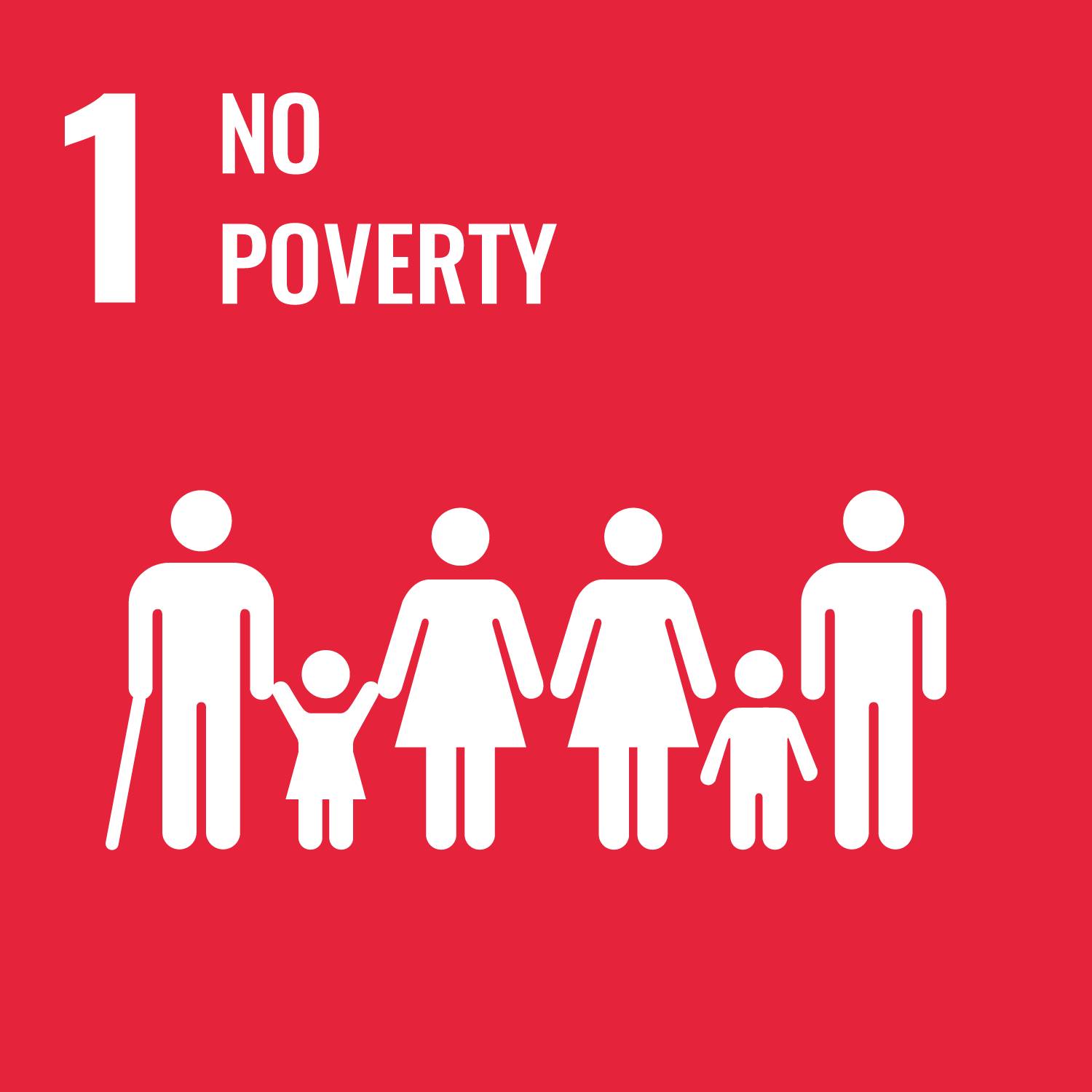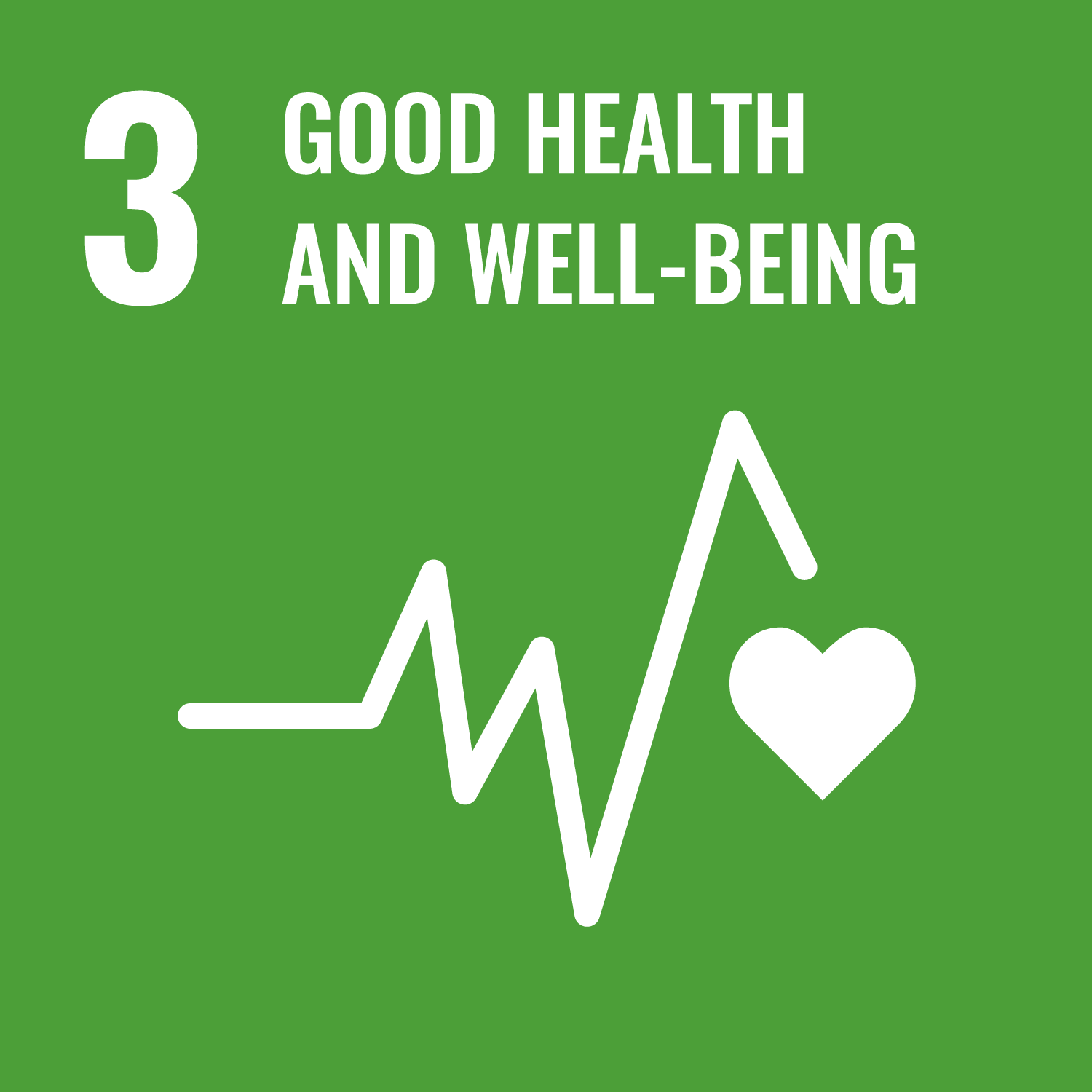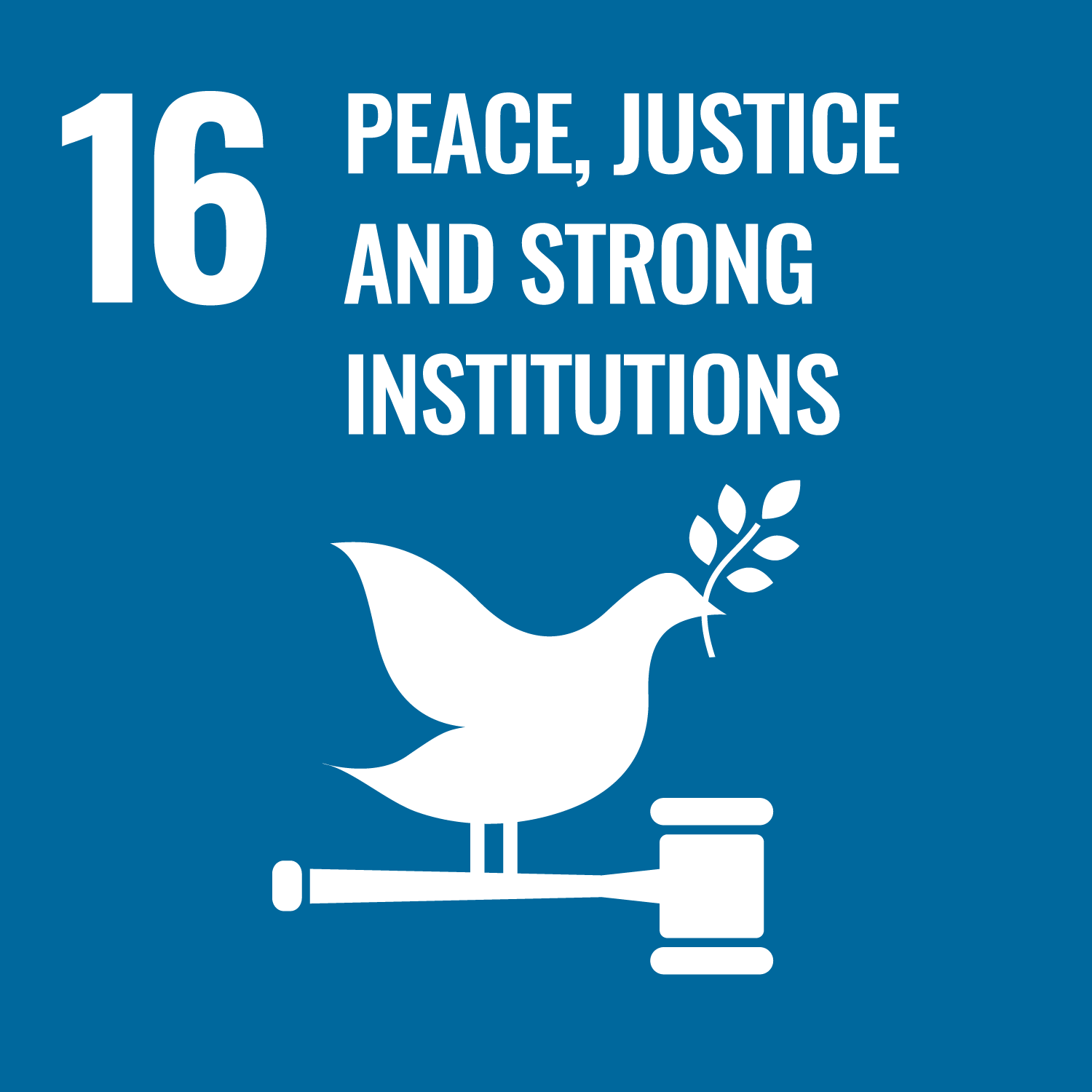This academic journal found that the extreme difficulty experienced by transgender and gender non-conforming people (TGNC) in finding and maintain employment was a primary driver of food insecurity in the Southeast United States. Through semi-structured telephone interviews with 20 TGNC people residing in the Southeast United States, the authors sought to answer the following questions:
- What experiences do TGNC individuals living in the Southeast U.S. have with food insecurity?
- How does food insecurity relate to health outcomes for TGNC individuals living in the Southeast United States?
It was found that poverty and food insecurity eroded TGNC people’s physical and mental health, as well as their support systems. It was recommended that employment non-discrimination policies to protect TGNC people in the workplace be implemented and building relationships with LGBT organisations for safer environments for people needing food assistance be a priority.








